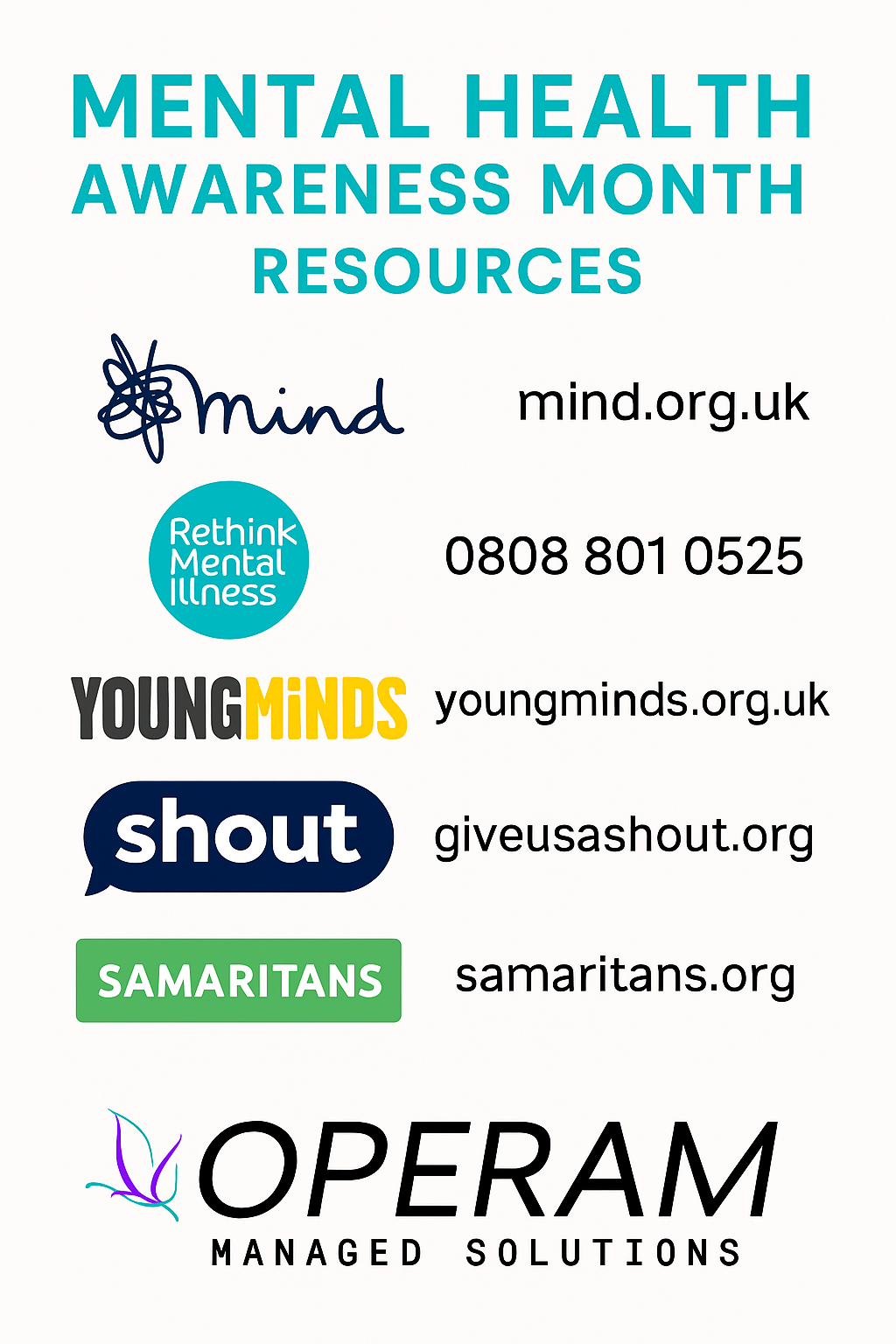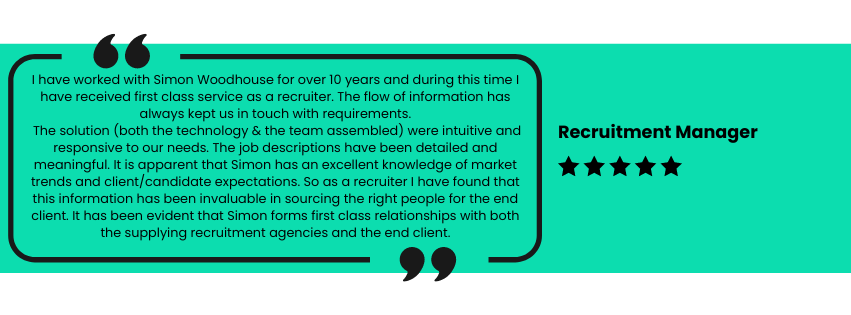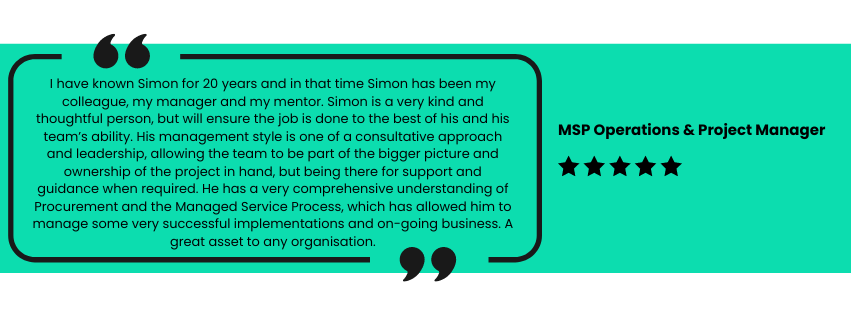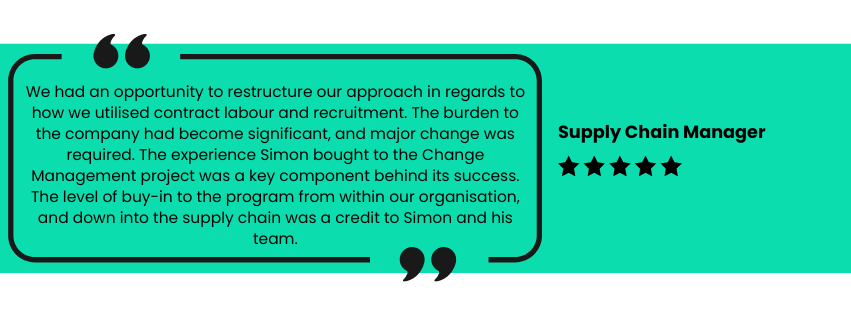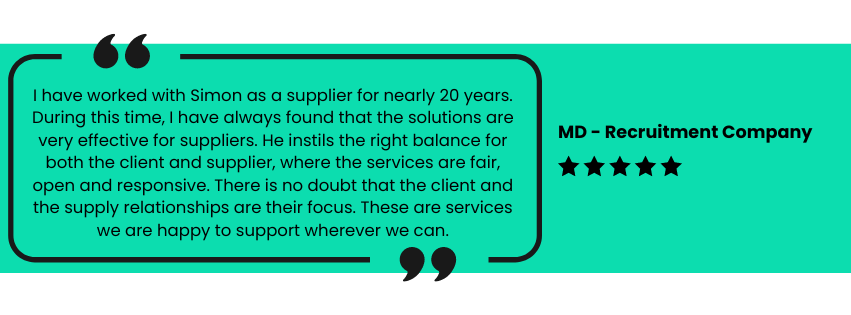Mental Health - The whole you
May 7, 2025Mental Health - The whole you
By Simon Woodhouse
I’m from a generation that entered the world into an environment of sink or swim, where the strong survived, and the weak got what ultimately had been their destination all along.
School reports gave insight to your parents in a couple of sentences that would carry or bury you for the next 6 months. You may be struggling with an area of your learning pathway, and that seemed to loom all the darker, than the bright spots all around. The ‘Could do better’, the ‘if only x concentrated in the lesson’, were competing with the ‘excellent term’s work’, or ‘x is progressing nicely this term, especially his grasp of algebra!’
For many these days were to set the course for the next 50 years of our working life. Family background, social status and educational achievements by the age of 16 or 18, where established unmoveable knowns which were going to be the definition of who we would become.
Many had a tough time in these early years, they either flew or drowned, and no one saw past that. We entered a harsh post-war world, that said you should be thankful that you are alive, now make the most of it, if you can.
Success was everything. The world celebrates success and closes an eye to failure. Society was replaced by individual self-driven achievement, and few had time for the average.
But there is far more to who we are and can be than the initial glance could see. People are individuals, who have strengths and weaknesses. Some learnt to hide these weaknesses well, and others seemed distracted by their perceived inadequacies which they felt everyone saw. We needed to change from the ‘How to Win Friends and Influence People’ and ‘7 habits of Highly Effective People’ world.
Then came the big change, from local to global, where the only constant was change. Large Corporate saw the financial effectiveness of a global supply chain and international manufacturing sites where costs were lower, quality was constant, and efficacies were greater. The individual, if not in the upper stream, felt more disengaged, more unseen and therefore, lost.
We have entered an era where we have become more aware of others and their constrained potential which was fettered by self-doubt. The role of a good employer or manager is how to unleash this potential within the individuals of the team and thereby change everything.
Today, we celebrate Mental Health Awareness, we have become aware of the whole person. That encountering insecurity and times of self-doubt is normal, and that support is there. The move in the 80’s to the Individual responsibility, and death of society, is for now, a thing of the past. A caring society or business has become the mantra of our time. One where we are considerate of others, open to talk these things over and to invest in the individual.
We at Operam have all travelled these pathways, we understand the importance of team openness, supporting the individual to achieve their goals, be that within Operam, or in their career as they continue to develop and progress.
Being open with others is difficult because it can leave us feeling vulnerable, and in the wrong situation and with the wrong people this can be damaging. A good Company and society operate with a culture of respect and consideration.
When growing up, my youngest daughter had a green circular mat in her bedroom. We knew that she was struggling at times but found it hard to share these feelings for fear that we would be judgemental or think less of her. So, we developed a Green Spot rule, where anything shared on the mat remained within the area, no judgement left that room other than positive support and a greater awareness for us as parents. This helped us to support her in her growth, and to face a difficult world by being more prepared and equipped by the tools she would need both then and now in her adult life. This principle, we have kept central to our relationships as she has grown. Of course, I think my daughters are awesome, but we are honest enough to know their faults and where changes from all of us are needed. Maybe they cannot walk on water, but they get a long way with our support!
One of my passions has have focused upon Team sports – Rugby, Football and Cricket. In my earlier days, Rugby was central in my development. As the Captain, I knew that our strength was in our Team spirit, we supported each other to ensure that we gave our best and overcame challenge after challenge. For me this was training for the future in management, where I saw the potential in the individual and looked to pull these out, and protect those that needed it to help them grow. In this environment, a team of motivated and purpose driven individuals can collectively become something far beyond the sum of their total.
Back to sport, a prime example of this would be Wimbledon FC, who won the FA Cup v Liverpool in 1988, when John Motson declared that “The Crazy Gang have beaten the Culture Club. ”Their combined worth was far below that of Liverpool, but the whole team was stronger than the collective ability of Liverpool. For over a decade Wimbledon punched way beyond their weight by finishing high in the topflight of the English Football League.
In closing, we have entered a time where we are kinder to each other, where we are more aware of others and their feelings and the effects of those feelings upon the wellbeing of the individual, and our responsibility to them.
As a man, I feel that we need to talk to each other more and be more receptive to conversations and investing in each other. There are a few reasons why a recent report shows that 80% of suicides are male, one key cause is our inability as men to open up to others and be honest about our insecurities and problems. The image of strength is often an illusion, and should not, in today’s world be the benchmark we cherish.
Be more open to others, be mindful, considerate and invest in relationships with work colleagues, acquaintances and family. Do not be afraid to seek help and with candour share in confidence with the support structures that surround you. As managers, confidants and piers we have the obligation to treat these conversations with the utmost privacy, non-judgemental and fully supportive, and as a result help each other become more whole.
